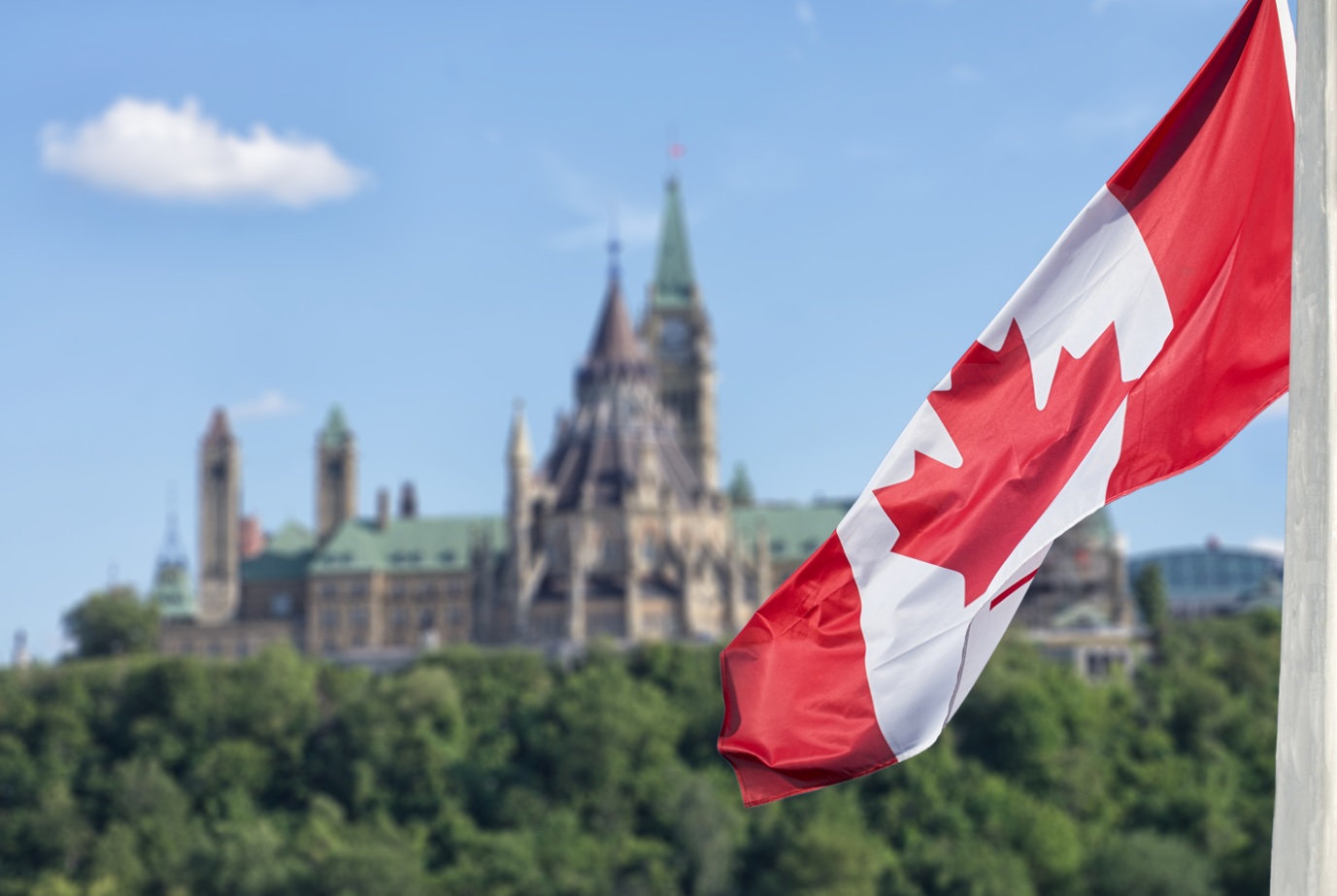
- Prime Minister Justin Trudeau has invoked the Emergencies Act to stop funding to the ongoing protests against COVID-19 mandates in the country
- Crowdfunding platforms and crypto payment providers associated with them will be required to register with FITRAC
- They are also to flag unusual transactions and report them to the regulator.
Canadian Prime Minister Justin Trudeau has invoked the country's Emergencies Act for the first time. The Act is a set of regulations coined in 1988 that temporarily gives the federal government leeway to exercise additional powers for the good of the public.
Assistant Prime Minister Chrystia Freeland, who also serves as the Minister for Finance, confirmed yesterday that following the invocation of the Act, the government has expanded the scope of anti-terror financing rules. Crowdfunding platforms and the service providers they support, including those in crypto, are now included under anti-money laundering and anti-terrorism finance laws.
"These changes cover all forms of transactions, including digital assets such as cryptocurrencies. The illegal blockades have highlighted the fact that crowdfunding platforms and some of the payment service providers they use are not fully captured under the Proceeds of Crime and Terrorist Financing Act," she explained.
Crowdfunding platforms have helped sponsor growing protests in the country
The move is in response to the ongoing Freedom Convoy protests in Canada that have seen long blockades established on highways and the nation's trading corridors to the US. This has negatively affected the Canadian economy.
The protests initially fought the cross-border vaccine mandate for those moving between the US and Canada. However, they evolved and are now battling COVID-19 restrictions in the country.
The changes require that the said entities register with the Financial Transactions and Reports Analysis Centre of Canada (FINTRAC). Further, they will be required to flag any suspicious or large transaction and inform the country's financial watchdog just as the banks do.
The updated rules are meant to break off funding to protestors
In doing so, the government hopes to cut off funding to the protestors in a bid to disable their disruption. The demonstrators have summed up more than $19 million via fundraiser platforms.
A GoFundMe account created to support the protests was shut down earlier in the month due to governmental pressure. Donors who sent contributions via GiveSendGo, however, suffered a worse fate as an information leak revealed thousands of names of the donors.
With crowdfunding platforms being choked by the government, the protesters have seemingly turned to cryptocurrencies. The HonkHonk Hodl page collected 22 BTC, which it says was above and beyond its target. Now the Canadian government is seeking to cut off such initiatives.
Prime Minister Trudeau acknowledged that the blockaders had the right to protest but insisted that the disruption of other Canadians' lives was not acceptable.
"It is now clear that there are serious challenges to law enforcement's ability to effectively enforce the law. The consequences on their lives, for choosing to continue to endanger the lives and livelihoods of other Canadians, to continue to violate our laws, are going to be more and more extensive."
The rally in the crypto market on Tuesday morning has been chalked up to the current situation in Canada. Bitcoin has crossed $44,100 while Ether on the verge of cutting above $3,100 as per market data at press time.

